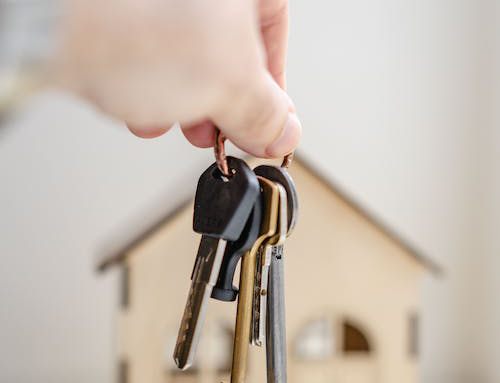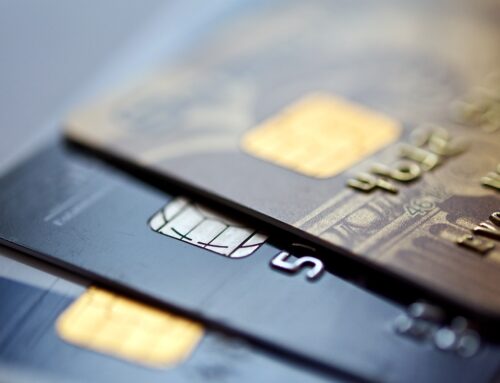There’s a lot of relief that comes with divorce, but it can also be time-consuming and stressful. After you are done going through the ordeal, there is an opportunity to have your life restarted in one way or another – which would include rebuilding credit if needed.
Get a Credit Report
It’s important to know where you stand and what credit report agencies are saying about your financial standing after a divorce. Requesting all three reports, for example, will show both the good and bad aspects of your current situation so that you can start putting together an outline on how to go forward with healing from this difficult time in life. You can also get a free credit analysis to uncover any hidden debts or red flags on the credit.
Separate Accounts
You may not have complete control of your financial standing until you separate accounts with former spouses. Your ex’s actions or lack thereof will continue to impact your score following a divorce, but by separating personal and joint accounts in the responsible party’s name you can start fresh without any risk whatsoever.
Budget
After a divorce, it may take time to adjust to your new income-to-expense story. During this adjustment period, it’s important to stay current on all of your accounts and maintain good credit history for future savings opportunities through things like loans or mortgages. If you weren’t previously responsible for bill pay before the split (or anything else), identifying what is most important in order to create an honest budget plan will be key so that you have more control over where money goes at any given moment and can avoid falling behind because of unforeseen expenses later down the line.
Establish your Credit
There are many ways to build your own credit. One way is by getting a small limit card and only using it for bills you have already budgeted in advance. Another option if you’re not ready yet is applying for secured cards, which are more secure than open lines of credit because they’re backed with savings accounts instead.
Rebuilding your Credit
After a divorce, you can start fresh with your credit report. Your recent bill-paying behavior is the most important factor to decide whether you’re a good credit risk. Even one late payment could affect whether or not lenders will approve of giving you money for something big like buying an expensive house! To make them happy and prove that:
1) You’ve got responsibility – try keeping your balances low (less than 30%) and always meet more than just the minimum payments on time; 2) You have reliability when it comes down to paying bills in general – if they see this as well, then there’s really no way that anyone would be able to deny lending some cash towards whatever goal we set out for ourselves next.
Bankruptcy?
Bankruptcy is a last resort to avoid the consequences of severe debt. It may be an option for you if bankruptcy will help prevent foreclosure, or keep your car from being repossessed. Even though it can negatively impact your credit score and ability to borrow money in the future, it could save you time and trouble later on down the road by preventing more serious financial problems like job loss due to missed payments because there was no way afforded them any relief through other means available under current law.







Leave A Comment